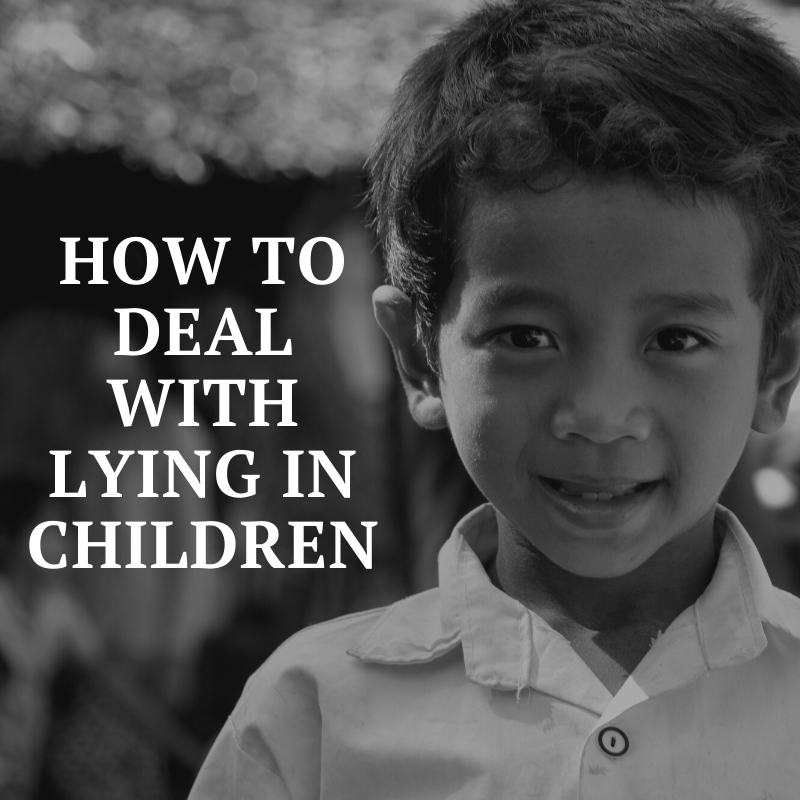Hello parents! Congratulations on having some of the cutest toddlers ever!
There are a majority of toddlers who would refuse to try all the healthy stuff out there. Are you one of those parents struggling to make your child eat some new healthy food? How would you make them chomp on all those green stuff? Those foods are essential for their development and growth. There are a few tips which we have listed to aid you out.
Club the tasty food with healthy ones

This is one of the easiest ways of ensuring that your child has healthy food on his platter. Put the veggies alongside his favourite ones. This will ensure that he does not think much about the new food on his plate. Make your task easier to feed the child those veggies. You can lure him into eating those stuff. First provide the favourite stuff, not everything at a go and then this one.
Practice what you preach

Children often tend to observe their parents at every step and time of their lives. They often try to emulate you in several ways. You can use this to your advantage by simply eating that healthy stuff before he does. Simply ask him to emulate or just wait until he does. More often than not, they will do it themselves. A task made easier for you in simple words. Way to go! It is of the most effective ways of making your child eat that stuff.
Avoid large portions
Children do not tend to eat large chunks of foods that they dislike or run away from. You must be aware of this fact and try to avoid filling his plates with a truckload of veggies.

Exactly where you want to tread with caution. The portions must be sufficiently poky in size. The child does not feel like he is being made to eat this stuff at gunpoint. You will surely see the results yourself. Surely, the child begins to regularly eat small portions of this stuff. Then you can gradually increase the portion size to meet the daily nutritional requirements.
Addition of lip-smacking flavours
If it is possible to add some lip-smacking flavours which are your child’s favourite ones to those healthy foods, you must try that out.

First up, identify which flavours your child loves to gulp down. Then, identify the healthy foods in which you can add those flavours without compromising on their nutritional values. This will ensure that the child loves the taste while meeting the daily nutritional requirements.
By luring them
Talk about the splendid appearance of the new veggie you wish to load in his mouth. You can gulp it yourself first and then talk about how amazing it was. Your child will most likely emulate you. You can even offer them their favourite games and toys if they finish their portion quickly without much fuss too.
Hence, these are some of the most effective ways to help your child try out new and healthy foods. Good luck!
























